As Covid-19 surges, the summer of hope has ended in gloom. Or so the headlines read. We were so ready for the new-found freedom of vaccines to liberate us from the tyranny of the virus, but here we are again back to overwhelmed hospitals and alarming death tolls. Lord, in your mercy.
It is disheartening, numbing, maddening. I haven't even wanted to think about it.
And yet, hope persists.
In a world that makes sense less and less — a world that seems hell bent on the decimation, brokenness, and fragmentation of relationship on every level, strata, and sphere — a world that is rife with chaos, violence, upheaval, and turmoil, we stand firmly in a Love that is redeeming all things. Our story is the greatest story ever told. We must not forget that Love is the most powerful force in the world. God, our Creator, Liberator, Restorer, Comforter and Friend is the very essence and embodiment of Love, and Love will win the day. So in the midst of spiritual, political, environmental, social, and economic devastation, we can hold onto fierce and stubborn hope.
In fact, we know from history that it is precisely in these moments of great societal upheaval that the Spirit breaks out in new and powerful ways to forward God's work of renewal and transformation on the earth. The great expansion of the gospel in the first few centuries of the early church was birthed in tumultuous times of oppression, war, persecution, and pandemic. So though the earth is groaning and heaving with birth pains all around us, this is the time in which we as the church are called to embody Love on the earth.
For I believe that the Spirit is indeed birthing a new thing. Our American way is crumbling; and the North American church is flailing. We are desperately in need of reformation. This is why we as The Practicing Church remain committed to reimagining the church in the neighborhood. We must find ways to reconnect to the Real, to incarnate in our places, to embody our faith, and to be restorers of all that is good and holy and sacred in the world. We are called to offer hope in the midst of despair, mercy in the face of judgment, wholeness in the midst of great fragmentation, comfort in grief, vulnerability in shame, and peace in violence. We are called to reinterpret the gospel in our time and in our place as good news and healing for all that is broken.
Last month, we had the gift of attending a cohort through Sustainable Faith with other parish-style communities who are also dreaming, praying, and leaning into more embodied, holistic, and relational ways to be the church. We returned home more certain and encouraged that in fact God is unfolding a beautiful work in us. And so many all around the country and the globe are also responding to the invitation to follow the Spirit into a land unknown and unseen, hearing God's words, Behold, I am doing a new thing. [Isaiah 43:19]
A few months ago, I had the privilege of being interviewed for The Lean-In Podcast to share our story of embodying love and justice in our neighborhood and community. It was just released yesterday and I hope you will listen and share it with your networks, but mostly that your heart will be encouraged as you listen to God's work in and through us.
Earlier this year, we were featured in an article for Duke's Faith & Leadership publication. I continue to be amazed that our small community is being used to encourage and inspire others to repent, to reimagine, and to re-form what it means to be the church today. I am so amazed at God's goodness and faithfulness to us over and over again.
This is why in spite of all the bad news that bombards us, we continue to LEAN IN to the goodness and mercy of God with stubborn hope, faith, and love for what is unseen but being revealed in us.
I consider that the sufferings of this present time are not worth comparing with the glory about to be revealed to us. For the creation waits with eager longing for the revealing of the children of God; for the creation was subjected to futility, not of its own will but by the will of the one who subjected it, in hope that the creation itself will be set free from its bondage to decay and will obtain the freedom of the glory of the children of God. We know that the whole creation has been groaning in labor pains until now; and not only the creation, but we ourselves, who have the first fruits of the Spirit, groan inwardly while we wait for adoption, the redemption of our bodies. For in hope we were saved. Now hope that is seen is not hope. For who hopes for what is seen? But if we hope for what we do not see, we wait for it with patience. - Romans 8:18-25
by Jessica Ketola

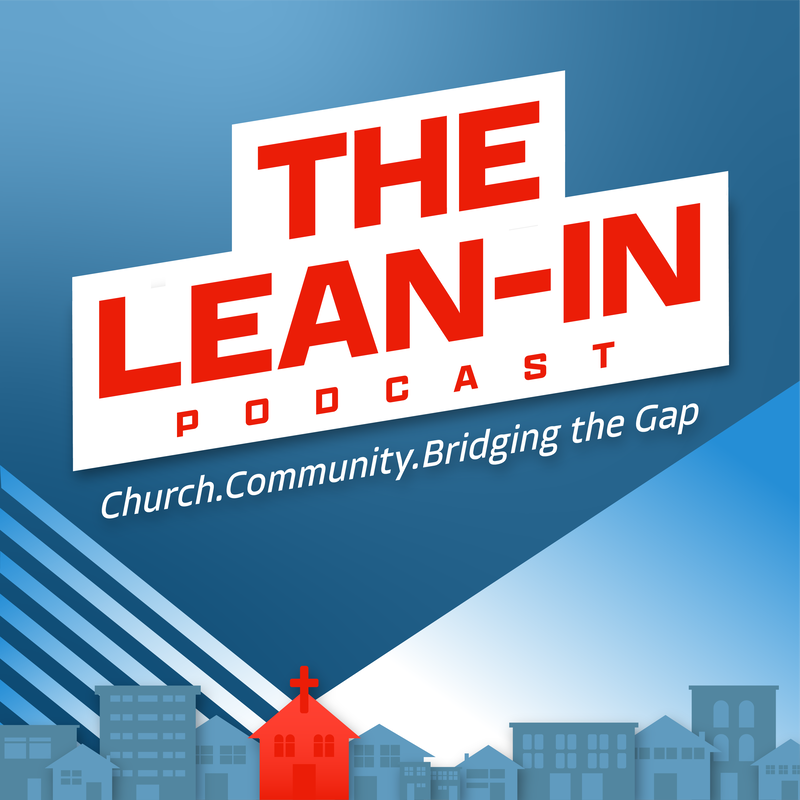
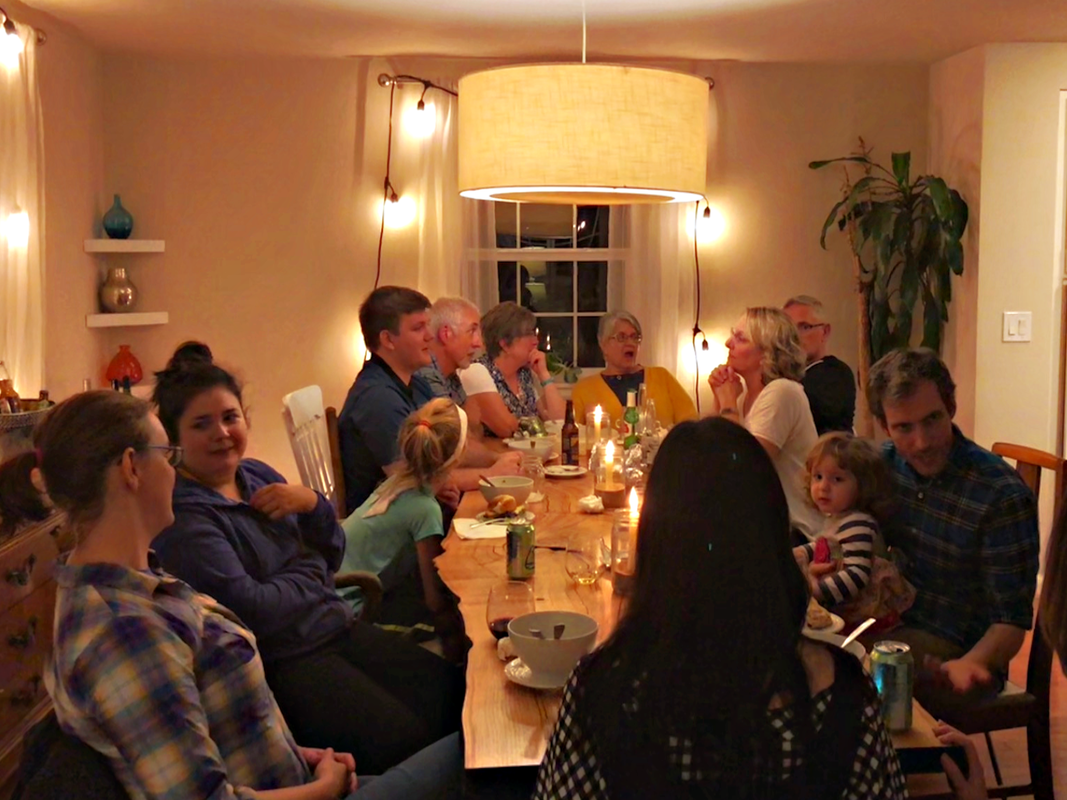
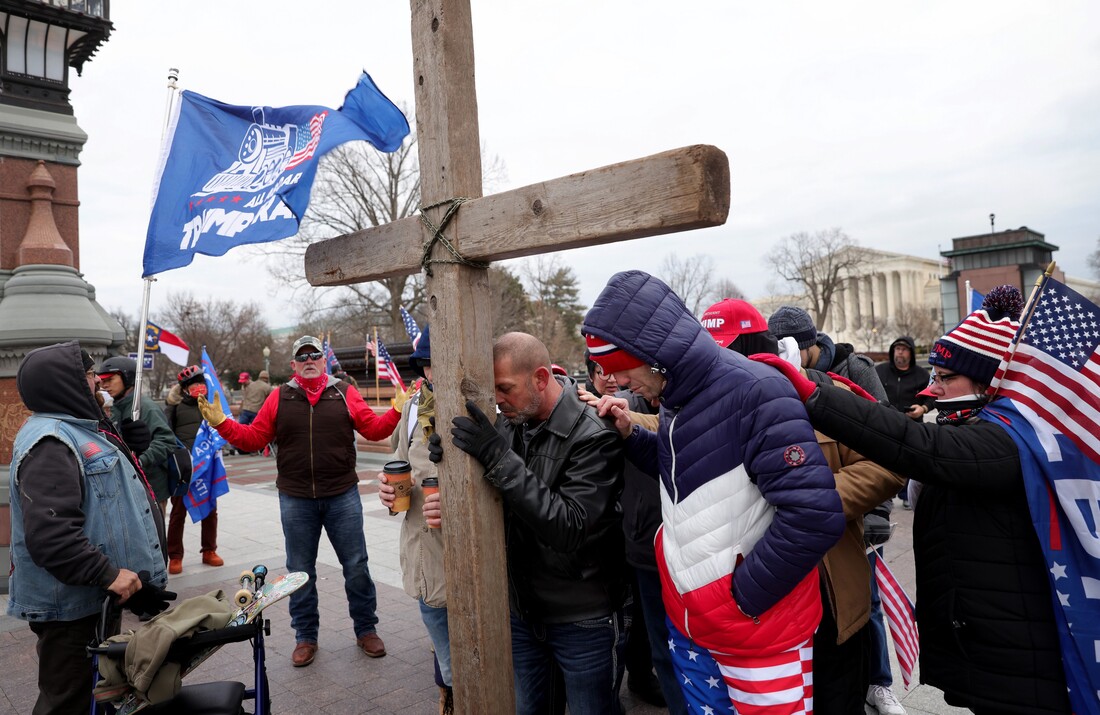
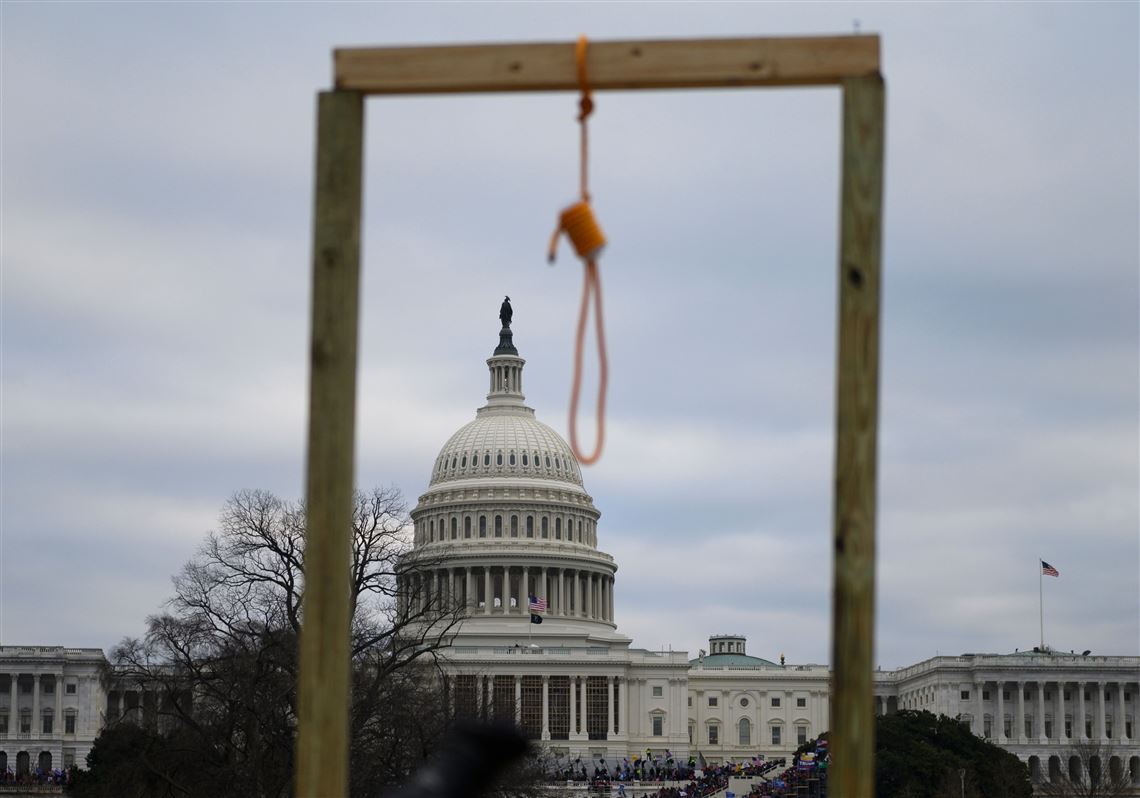
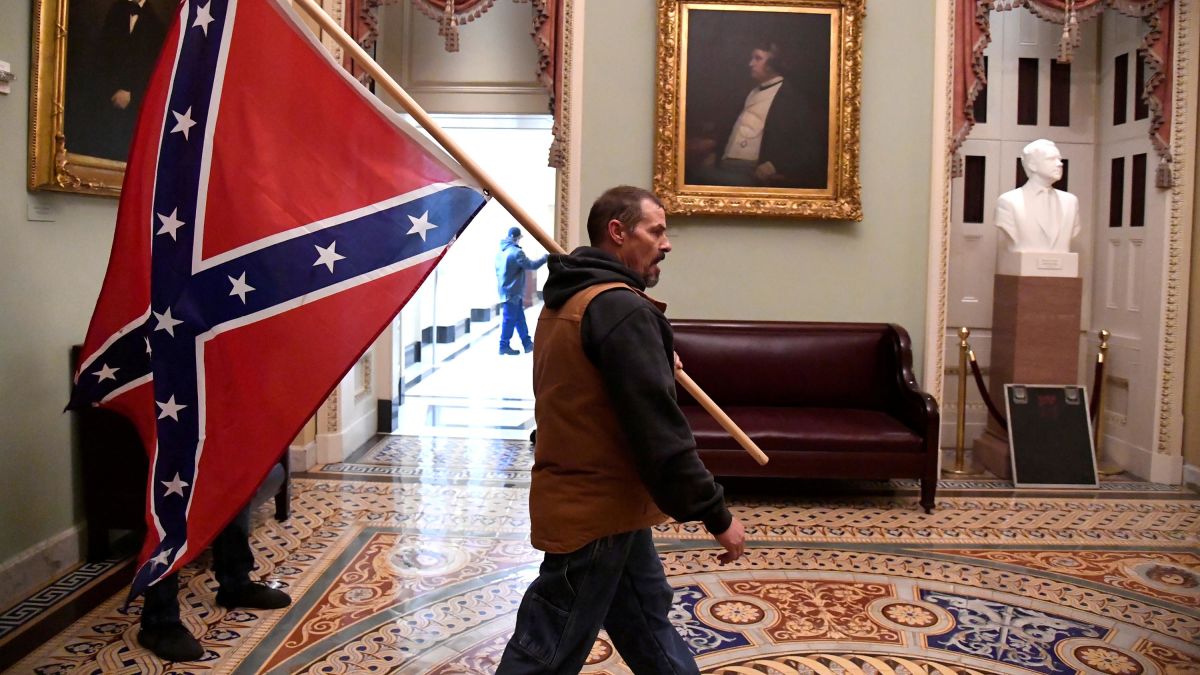

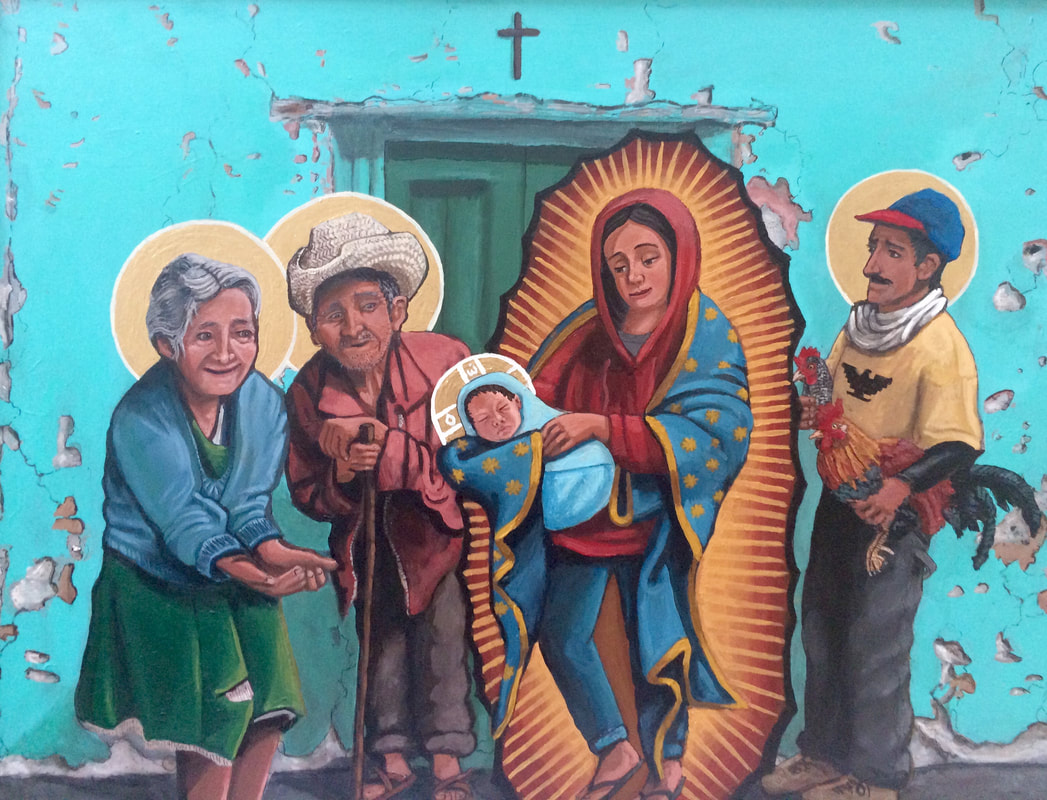

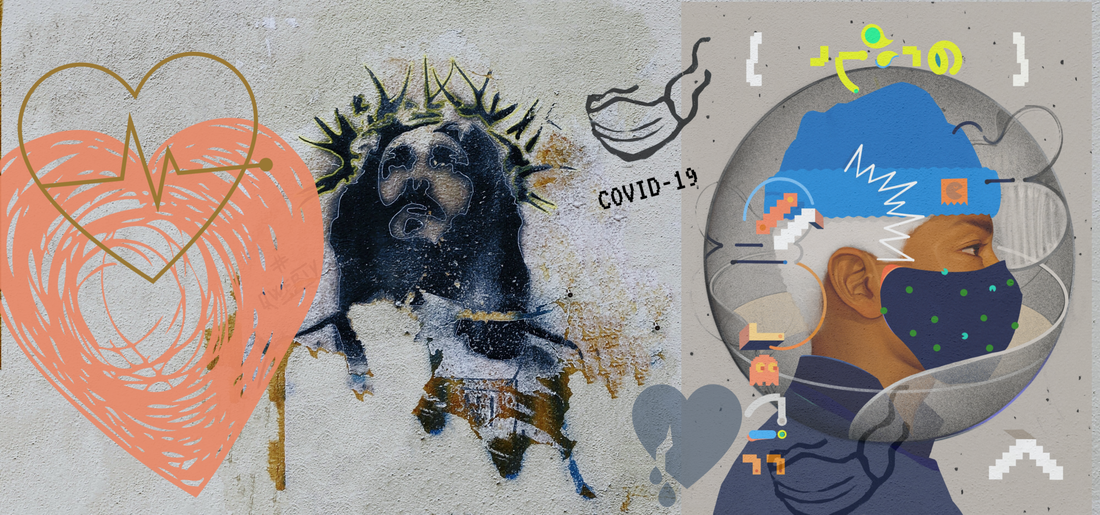


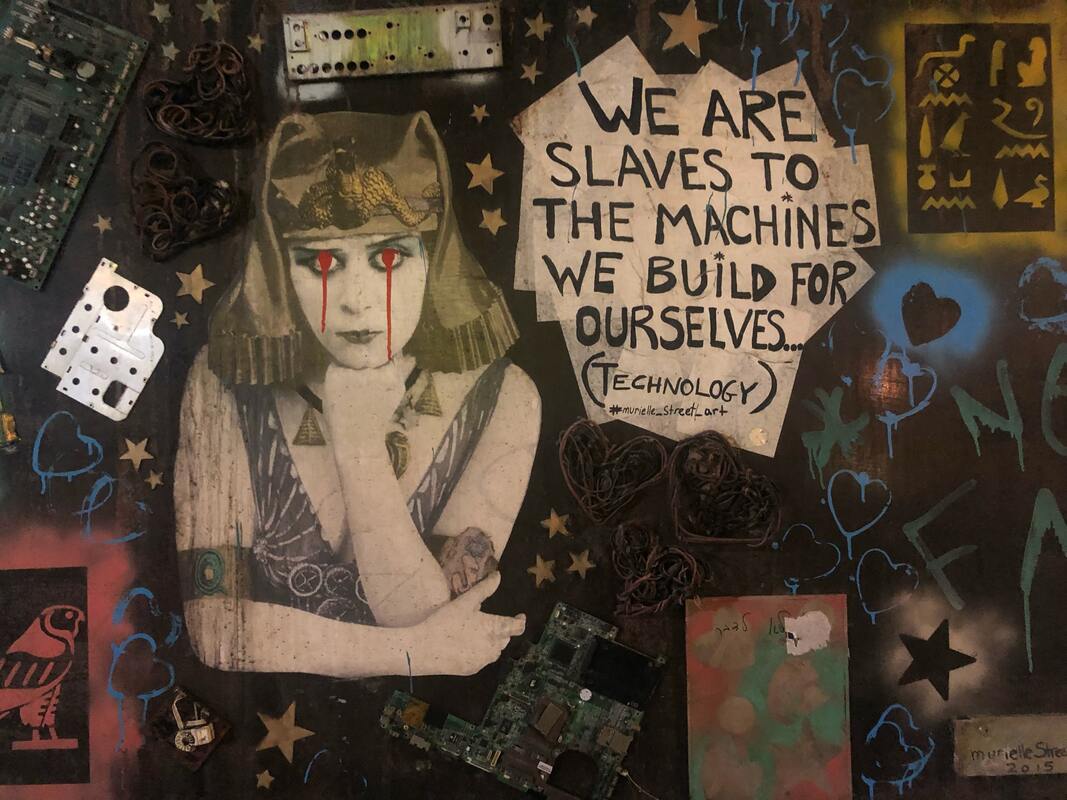
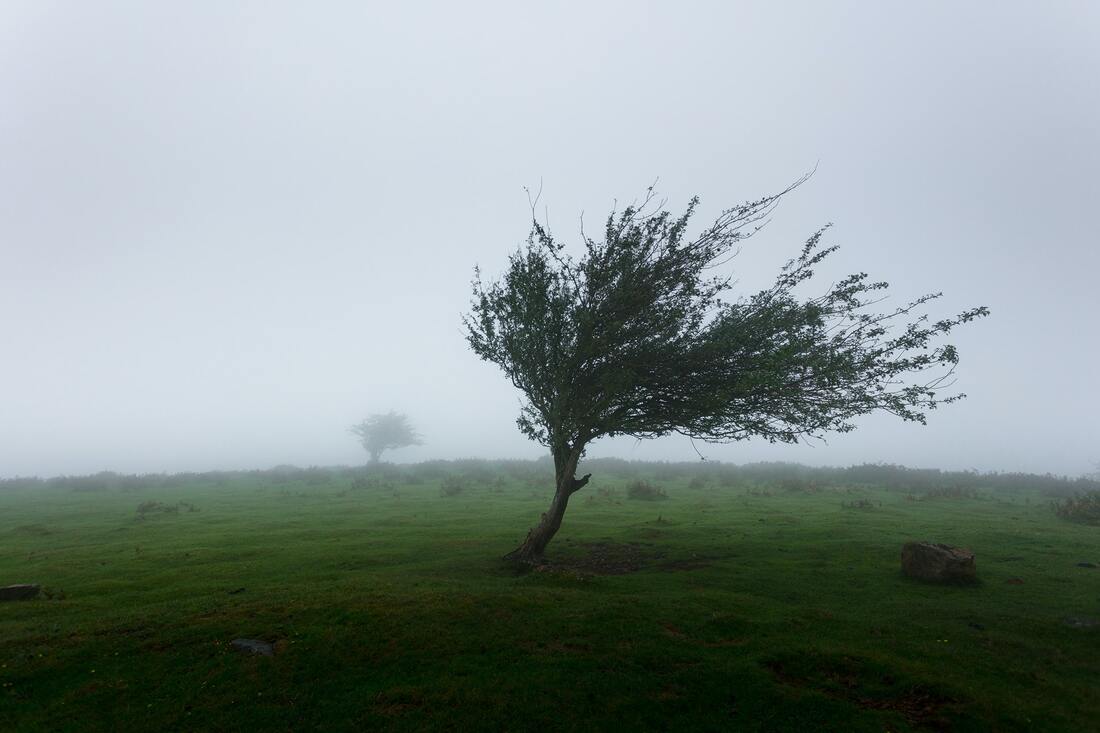
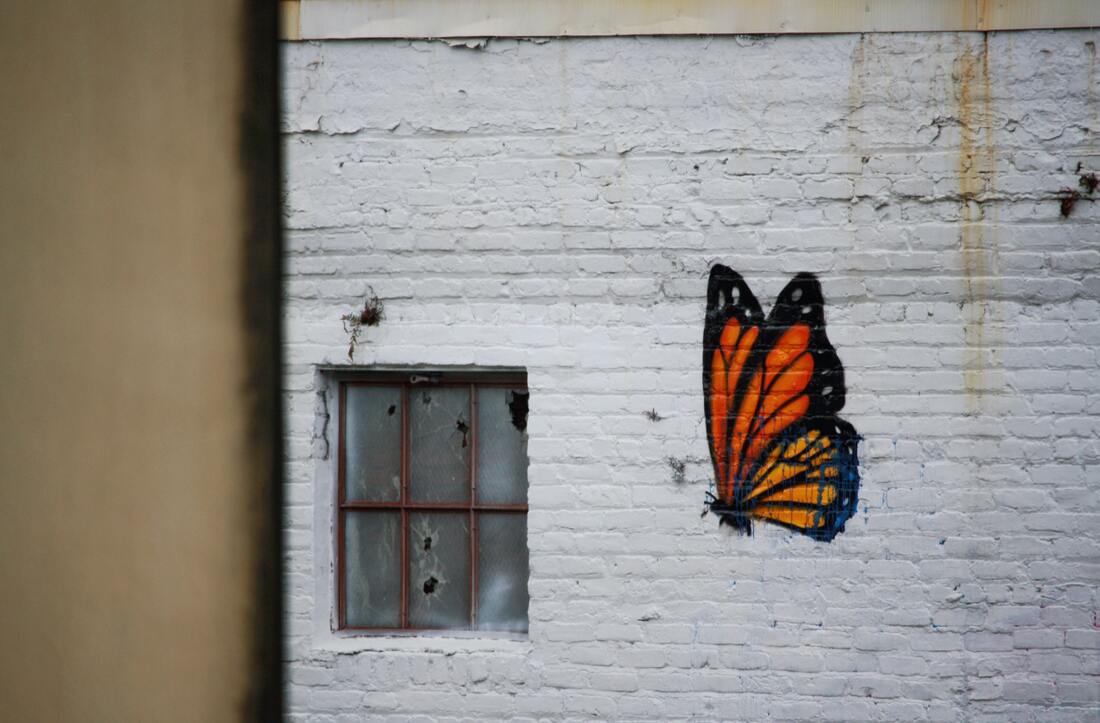
 RSS Feed
RSS Feed
